The Truth Behind THE CONJURING | Matthew Brockmeyer | #198 HR Podcast
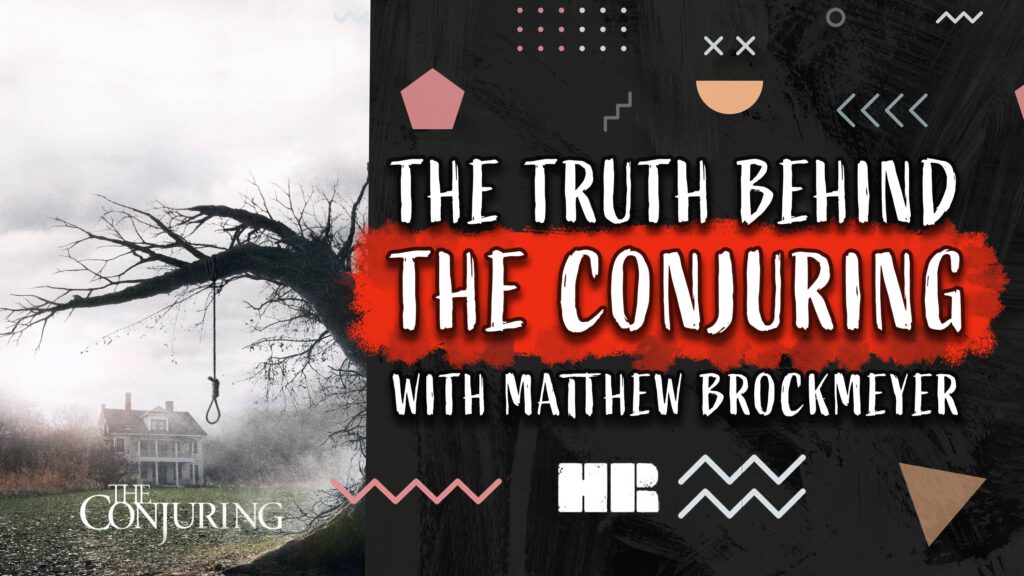
My Friend Matthew Brockmeyer discusses the history of the family and the events that led to the filming of the movie “The Conjuring.” Brockmeyer explains how the family thought the country house they bought was not trouble, but strange things started happening, including the appearance of a ghost. He also highlights how the witch is not as infamous as many believe and that the Family members were advised not to unboard the chimneys due to an old superstition about ghosts and chimneys.
Creating a Vegan World | Andrew Alexander | #197 HR
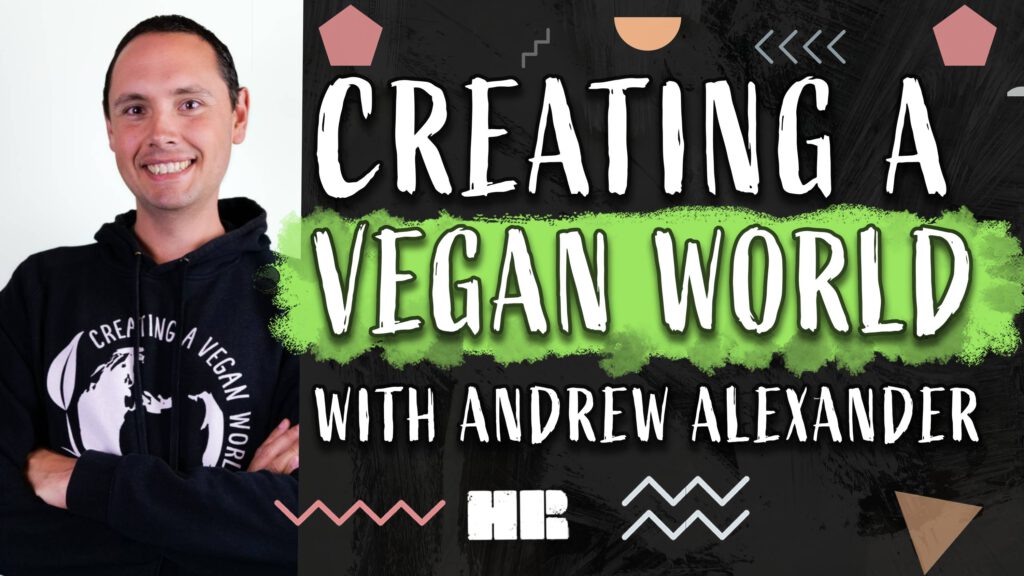
My Friend Andrew Alexander shares his journey to becoming vegan and discusses the challenges and opportunities he has encountered within the vegan community. He talks about the support he received from the community during the creation of his documentary, the importance of leveraging existing systems to make veganism more accessible and less socially conditioned, and the growing number of activists and influencers within the vegan community. Alexander believes that while there are challenges to growing the vegan movement, the potential rewards of creating a more compassionate and ethical world make it worthwhile. He encourages others to look for unique opportunities to make a difference within the community and stay focused on the long-term goal of creating a better world for all living beings.
Why We Should STOP Killing Animals | Dr. Marc Bekoff Ph.D. | #196 HR
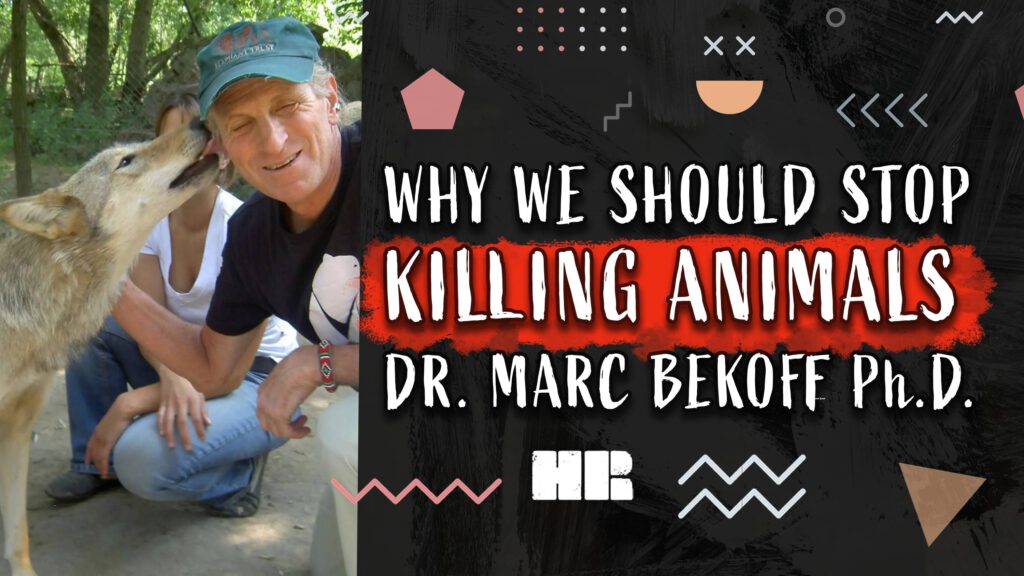
My friend Dr. Marc Bekoff is a biologist and author who has published numerous books on animal behavior and the natural world, including “Minding Animals” and “Dog Demystified.” He attributes his interest in animals to genetic makeup and ability to understand their emotions. Dr. Bekoff has published “Rewilding Our Hearts,” a book aimed at encouraging people to reconnect with nature and build a bond with animals. In this section of his TEDx talk, he discusses his book “The Emotional Lives of Animals,” which explores animal emotions and behaviors, and establishes the credibility of studying animal emotions. Bekoff argues that humans should be more compassionate towards animals and strive to build a bond with them, regardless of their utility to humans. He believes that by doing so, we can lead a more sustainable and ethical lifestyle.
Life on the Road with Joseph Faison IV | Homeless Romantic | #195 HR
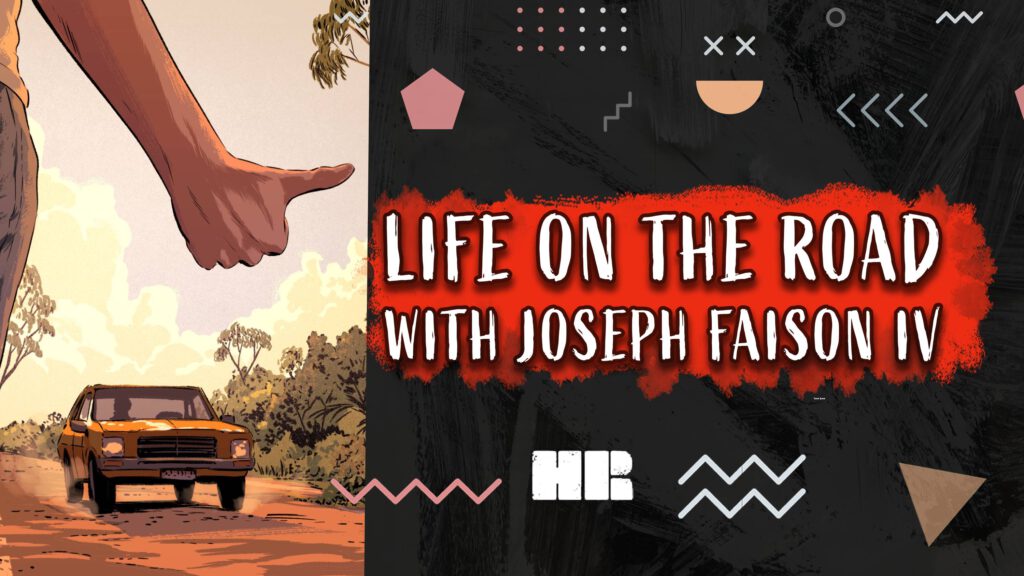
My friend Joseph Faison IV is a musician and songwriter from Nashville, Tennessee. He talks about his experiences living overseas, including time in Berlin, Greece, and a small village in Greece. During his time in Turkey, he faced difficulties obtaining the necessary documentation, leading to his departure for 90 days. He reflects on how he felt like bad luck was chasing him around, despite his desire to live a more carefree lifestyle. Faison also talks about his experiences playing guitar with a group of musicians he met while living in a diesel/biodiesel bus, including two brothers he grew up with in Nashville.
A Conversation with MUGS and POCKETS | Swamburger & Scarlet Monk | #194 HR
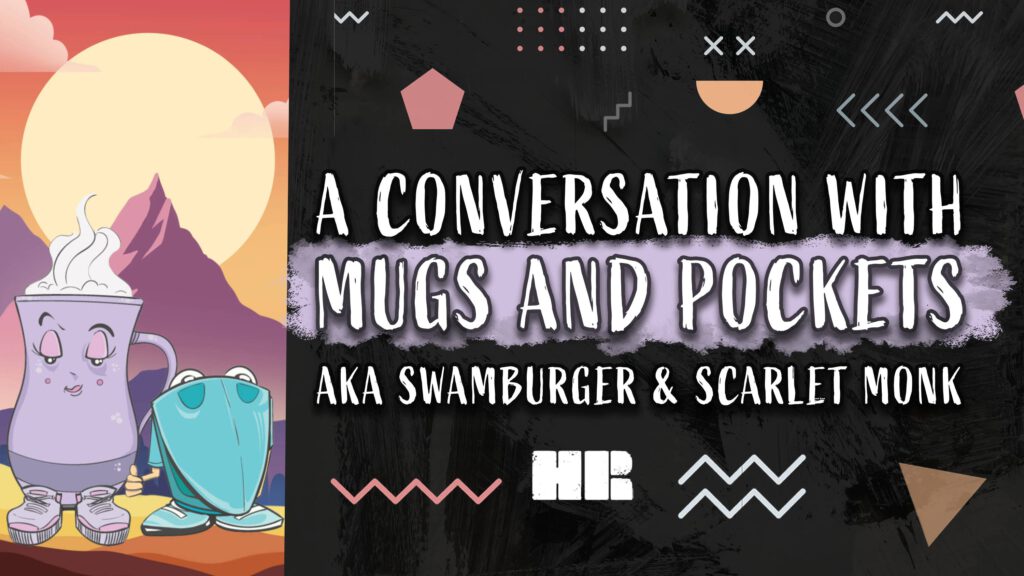
My friends MUGS and Pockets AKA Scarlet Monk and Swamburger discuss their musical influences including Sly Dunbar, James Brown, the Freestyle Fellowship, Jupiter, mic nine, and Brother Jay from X-Clan, Billy Holiday, Ace of Base, Madonna, Tupac, Biggie, Little Kim, and Missy Elliott. They both emphasize the importance of being able to piece together their compositions, and their influences have helped them develop their unique style.
The conversation then shifts to a discussion of an upcoming EP and single coming out inspired by trip hop music, features a non-poppy, genuine sound that is true to its roots and draws inspiration from subgenres of jazz.
How Chemical Companies are Killing Humans | Sherri A. “Sam” Mason, Ph.D. | #193 HR
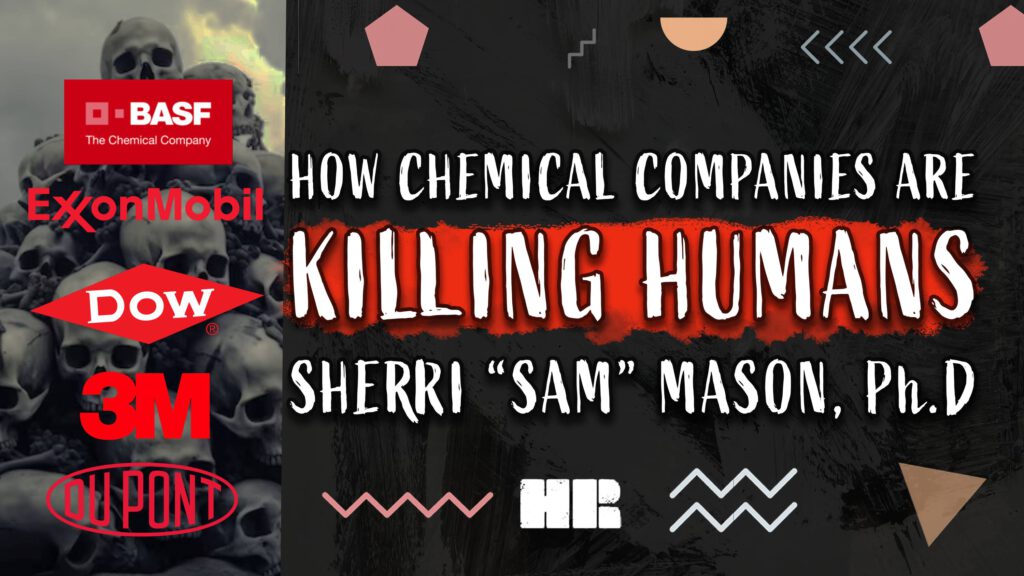
My friend Dr. Sherri A. “Sam” Mason discusses the detrimental effects of chemical inputs in the manufacturing process of plastic products and the resulting plastic pollution. She emphasizes the need for industries to prioritize sustainability and consider the environmental impact of their creations. Dr. Mason also explores the health risks associated with microplastics and plastic pollution, including the potential connection to neurological disorders. She highlights the lack of education on ecotoxicology in the chemistry curriculum, and the need for more collective action to address chemical toxicity and its impact on the environment and public health. Lastly, she encourages individuals to take action and make changes to protect wildlife, animals, and the environment.
The Don Quixote of Fish Biologists | Dave Cannon | #192 HR

My friend Dave Cannon, a fish biologist, recounting his experiences and sharing his views on various environmental issues. As a child, his interest in nature was sparked by fishing and catching snakes, which later led him to a career in fish biology.
He has worked in various capacities, including in Idaho dealing with endangered salmon and steelhead, and facing abuse from ranchers and miners. In this section, he discusses the challenges that biologists face in protecting natural habitats and preserving threatened species. Later in the section, Cannon talks about his efforts to create a movie about ADD and its causes.
He notes that he believes ADD is a dysfunction that needs rehabilitation, and that the structures of the human mind remain unchanged, leading to the same evils being recreated. He also discusses Hollywood’s desire for a one sentence logline to pitch the movie and mentions that his movie may follow a non-traditional, scattered format like a Robert Altman film. In this part of the transcript excerpt, the speaker also discusses his vision to make a full-length feature film about a scientist known as the Donkey, a biologist who is passionate about making a difference by reaching the masses in a unique way.
Cannon is facing challenges in finding the right people who are passionate about the environment and mental illness, and who can help him create a compelling story about psychology and sustainability. Throughout this section, Cannon touches on various environmental issues, including loss of biodiversity, bycatch fishing, and climate change. He also discusses the interconnected nature of these crises and the urgent need for action. Additionally, he talks about the term “soul nostalgia,” a type of environmental grief loss experienced by those who have lost their home or their immediate or environmental surroundings
Saving the Planet by Going VEGAN! | Jeremy Gregory | Tindakan | #191 HR
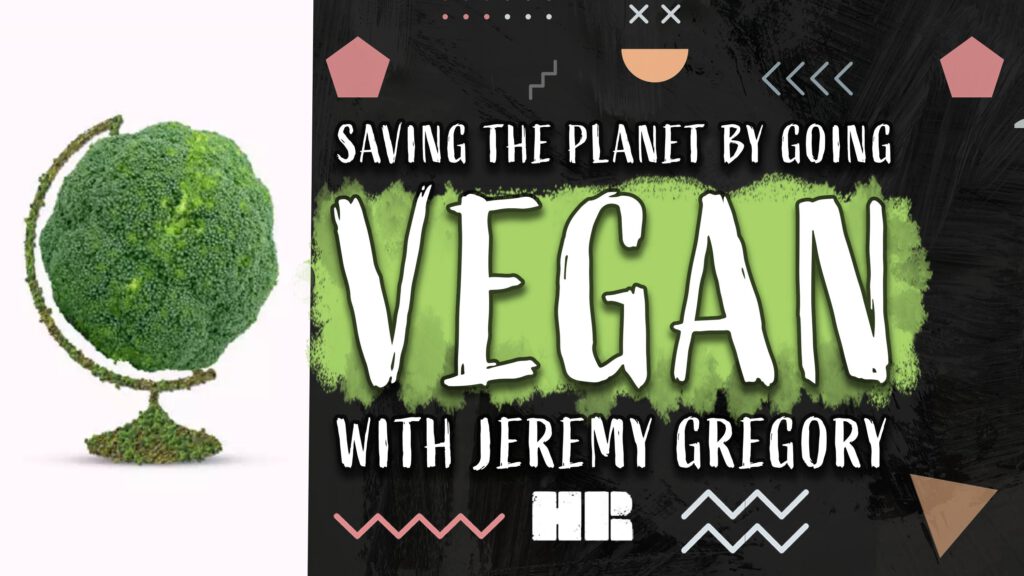
My friend Jeremy Gregory speaks about Tindakan, an eco-social justice organization that works to expand the capacity of non-profits advocating for eco-social justice. The organization seeks to inspire positive action in communities through events like concerts, festivals, and workshops. Gregory explains his personal journey to becoming more focused on animal rights and protection as he grew older, inspired by a National Geographic article he read at a young age. He also talks about a new project called the “Global Coffee Solution” that aims to develop sustainable coffee growing methods that do not harm ecosystems or endanger wildlife. Additionally, Gregory discusses the importance of having a positive mindset and incorporating meditation and pranayama into one’s daily routine, and the challenges of finding time for activities we enjoy as we get older.
The End Of The World | Paul Quaiser | Sustainability and The Planet | #190 HR
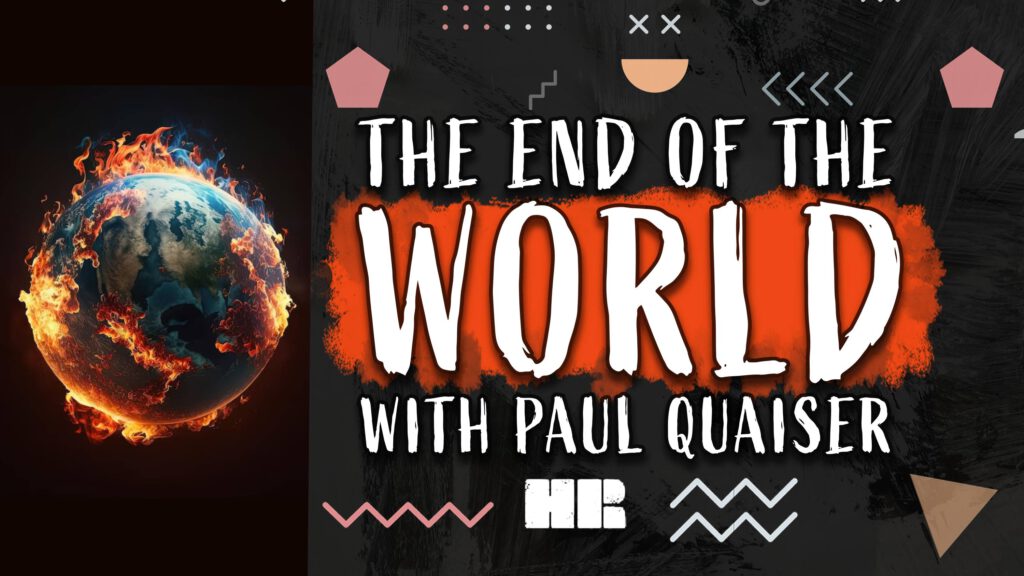
My friend Paul Quaiser discusses various solutions to the climate crisis and pollution, such as planetary intelligence, regenerative farming, urban and rural community change, transition to a shared economy, 20-minute city model, waste prevention from reaching the ocean, and a phased approach to sustainability with efficient recycling programs. Quaiser also emphasizes the importance of addressing environmental concerns and finding sustainable solutions, voting for candidates who prioritize the environment, and supporting movements and organizations that catalyze a more environmentally-friendly living environment. He is optimistic about the future and believes that there are many pioneers and non-conformists working towards positive change.
WTF is Wrong with Libertarianism? | Vivek Chibber | Capitalism and Marxism #189 HR
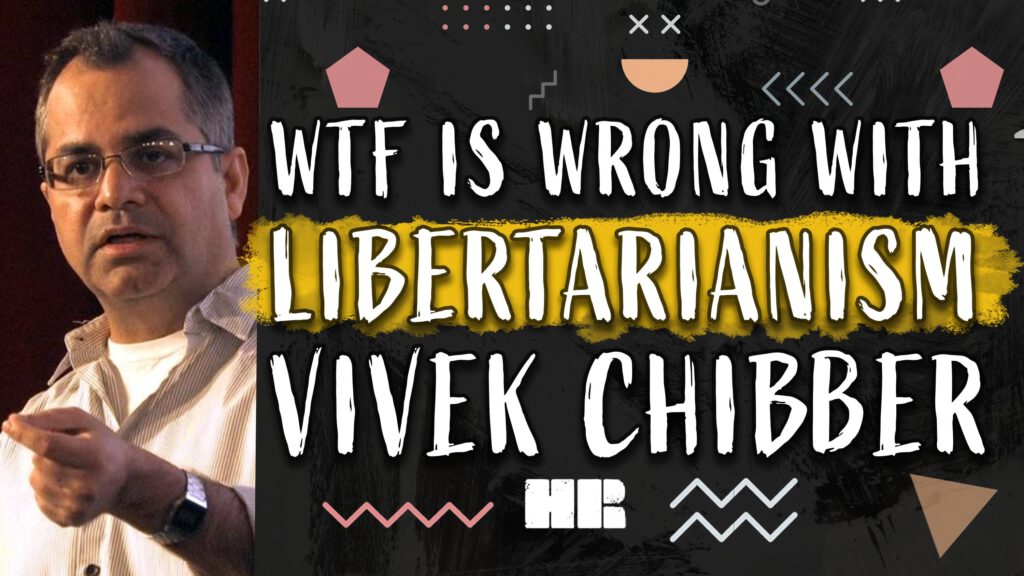
My friend Vivek Chibber discusses his journey into academia and his experiences as a left-wing social theorist. He explains how his upbringing and his personality led him to pursue academic research, and how he was fortunate enough to find a good place to do his Ph.D. and obtain a decent job. Chibber touches on the concept of empathy and how it is an inherent aspect of human beings, but notes that it is difficult to build a politics based on empathy alone, as it can clash with our desire to defend our material interests. He argues that capitalism forces us to make immoral decisions in order to succeed, and that success in many occupations requires engaging in what he calls “correctly sociopathic behavior.”